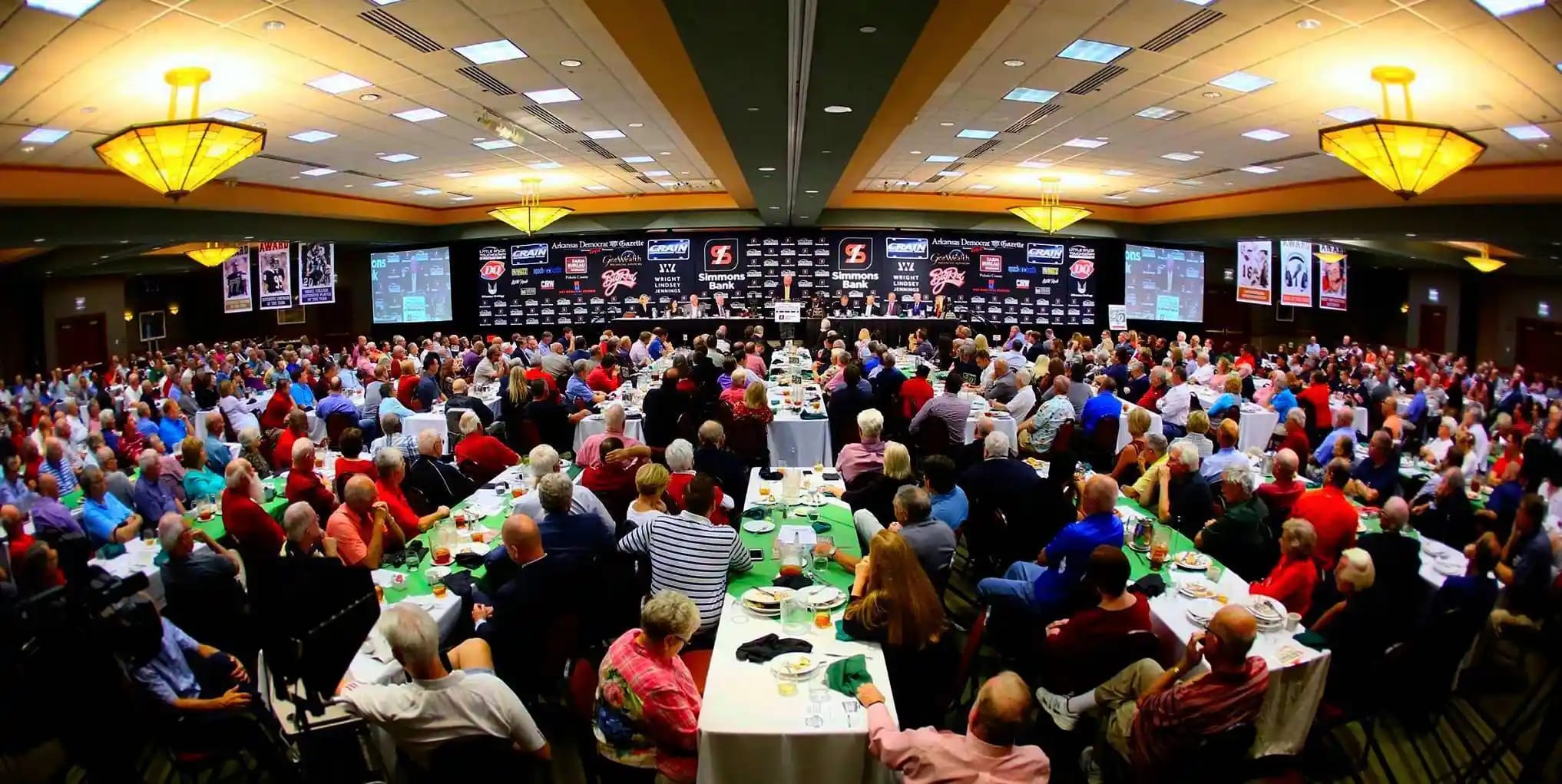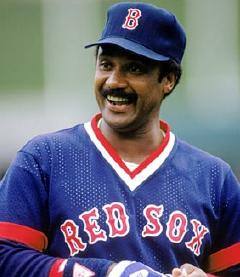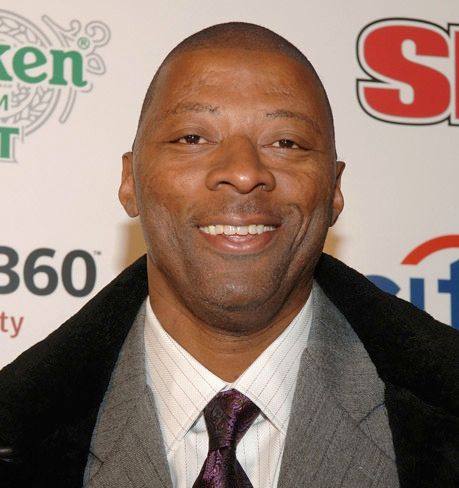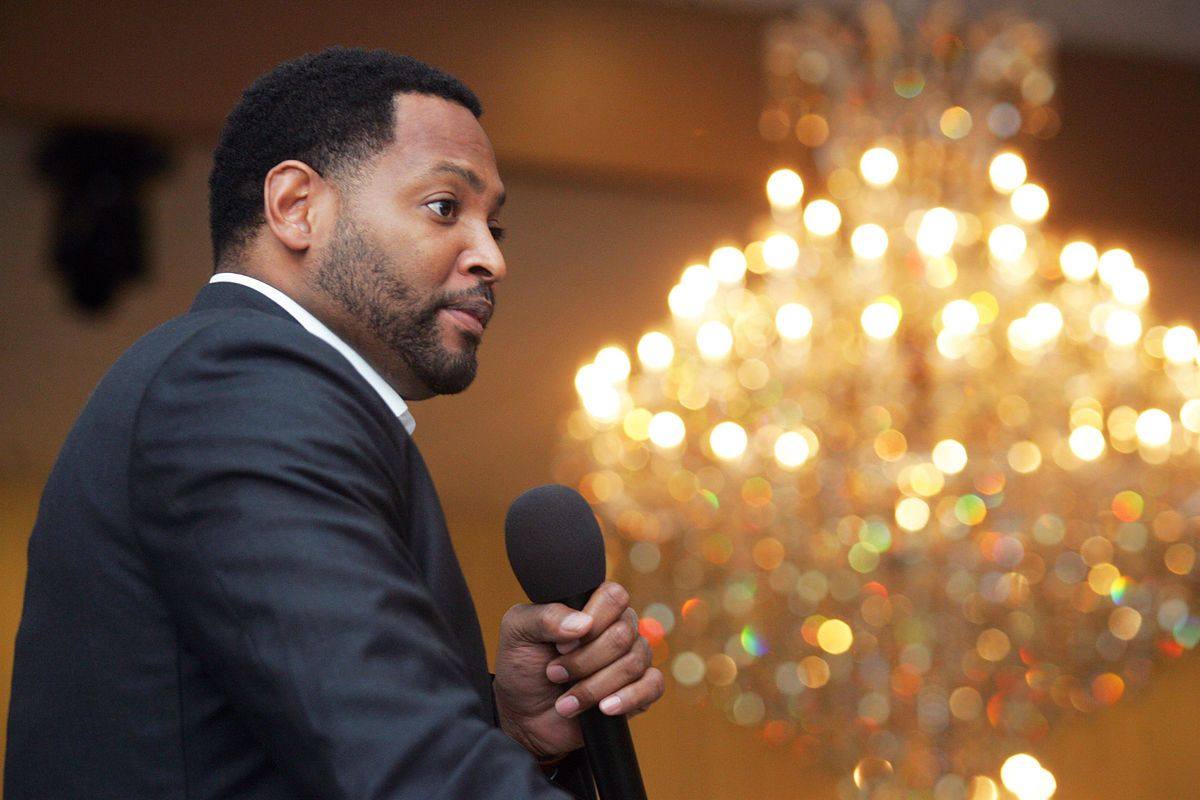
George Rogers Speaker & Booking Information

SPEAKER INFORMATIONLine red
LIVE/IN-PERSON FEE RANGE
$5,000 - $10,000
Line
Virtual FEE RANGE
Line
George Rogers
He won the Heisman Trophy in 1980; He is a member of the College Football Hall of Fame and New Orleans Saints Hall of Fame
Rogers was selected as the first overall pick in the 1981 NFL Draft by the New Orleans Saints, a testament to his outstanding college career and potential at the professional level. He made an immediate impact in the NFL, rushing for 1,674 yards in his rookie season, which earned him the NFL Offensive Rookie of the Year award. Rogers' powerful running style and ability to break tackles made him a key player for the Saints, and he quickly became one of the league's top running backs. His success continued throughout his career, and he was named to the Pro Bowl twice during his time in the NFL.
In 1985, Rogers was traded to the Washington Redskins, where he continued to be a productive player. He played a crucial role in helping the Redskins win Super Bowl XXII in 1988, rushing for over 1,000 yards during the regular season. Although injuries began to take a toll on his performance in the later years of his career, Rogers remained a respected and valuable player. He retired from professional football in 1987 with 7,176 rushing yards and 54 touchdowns, leaving behind a legacy as one of the most powerful and consistent running backs of his era.
Rogers' contributions to the game have been recognized with numerous honors, including his induction into the College Football Hall of Fame in 1997. His impact on both the University of South Carolina and the NFL is still remembered today, and he remains a beloved figure in the football community. Rogers' story is one of perseverance, talent, and dedication, making him an inspiration to aspiring athletes everywhere.
Contact George Rogers speaker booking agent Direct Sportslink for George Rogers speaker and appearance fees and to find other similar sports celebrity motivational speakers for your event.
SIMILAR SPEAKERS

Gretchen Bleiler
She won the 2006 Winter Olympic Silver Medal in the women's halfpipe

Jim Rice
He remains the only player ever to lead MLB in triples, home runs, and RBIs in the same season; He is a member of the Baseball Hall of Fame

Kyle Korver
He led the NBA in three pointers made (2004-5) and free throw percentage (2006-7)

Daryl Johnston
Nicknamed Moose, he is regarded as one of the best fullbacks to ever play in the NFL

Carl Banks
He was a key member of the Super Bowl XXI and XXV winning New York Giants

Swin Cash
She was the NCAA Final Four MVP in 2002; She won a gold medal at the 2004 Olympics for USA Basketball
29/04/2025, 08:43:02





